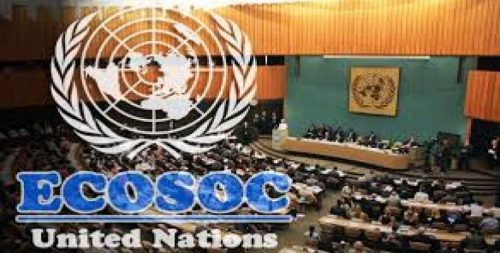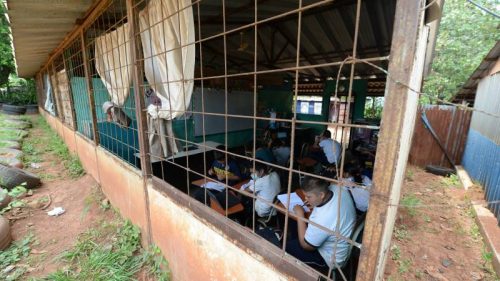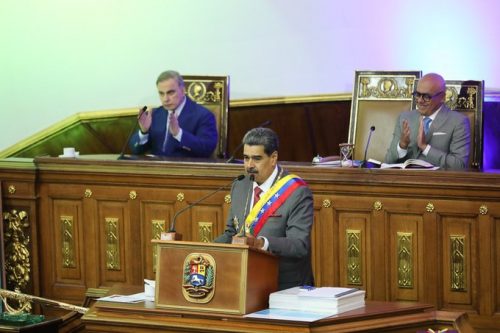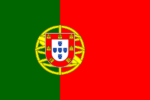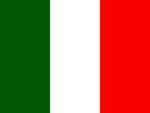Sadly famous for its unpopular neoliberal policies of pension adjustments and cuts that sparked strong protests in the aforementioned countries and in Argentina during the Mauricio Macri administration, the financial institution admitted that some nations remain vulnerable to protests.
The IMF recognized the probability of this risk, particularly if the policies to mitigate the crisis by COVID-19 are perceived as insufficient or unfair, more oriented towards large corporations than towards people.
According to the report, a growing number of protests have emerged in the past two years in various parts of the world, challenging governments and public policy makers to understand or to be able to understand the roots of discontent.
The text is exemplified by a wave of protests that began with protests for a rise in the prices of some product or service and turned into broader movements, as occurred in October in Ecuador, where the increase in the cost of gasoline caused an uprising. that paralyzed the country.
He also referred to the case of Chile, «where a rise in the subway ticket led to a massive movement against inequality that led to the convening of a plebiscite to change the Constitution, or to the crisis of the yellow vests in France.»
The authors of the document urged governments to take actions to reduce the chances of these protests arising, which presupposes clear and advance communication about their policies.
Observers commented that the report does not refer to the role played by the neoliberal policies applied in the genesis of social outbursts.
npg / rs



